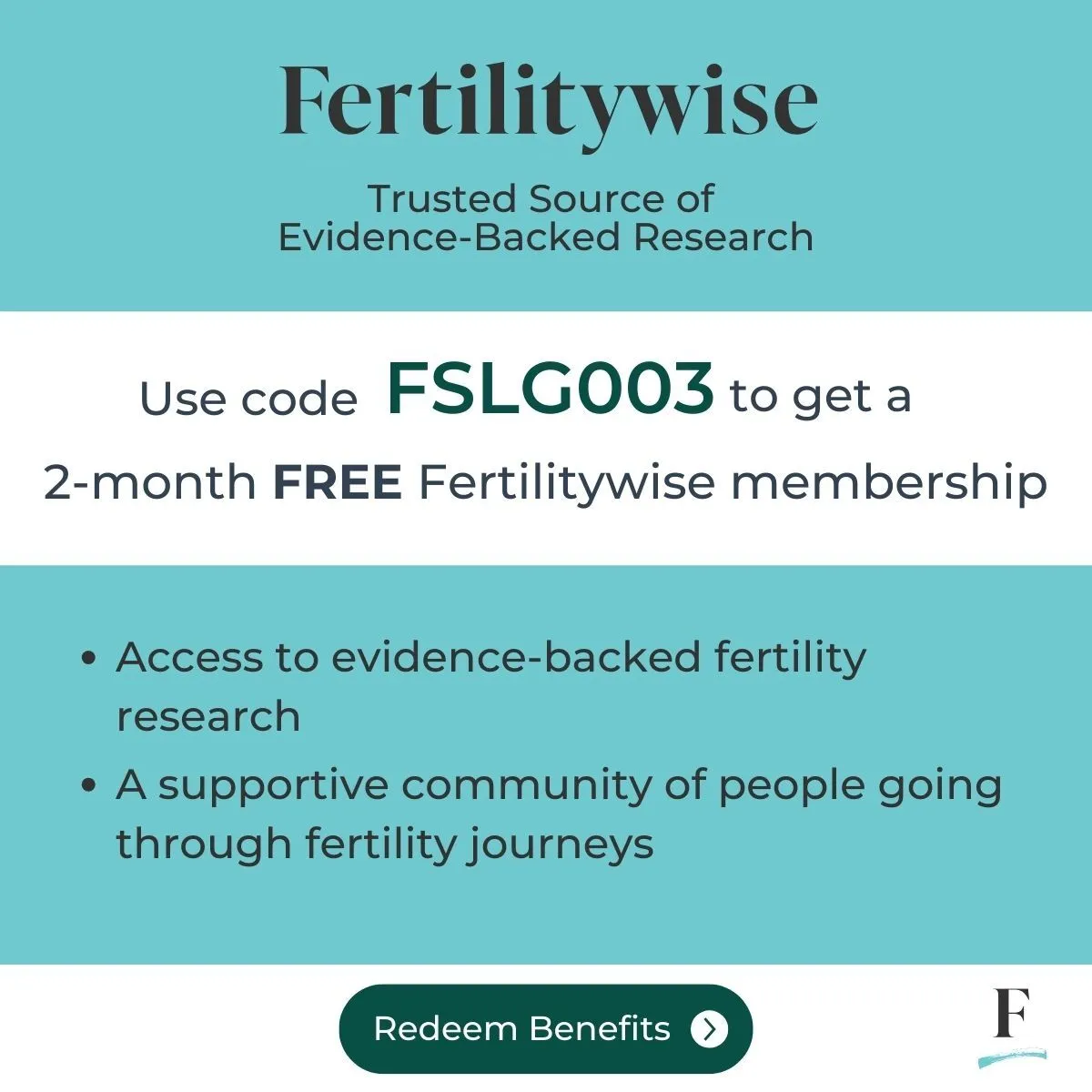Sperm donation, egg donation, surrogacy and other fertility techniques have helped many people start happy families after they believed they would never be able to have children. Most of these families would likely say that fertility technologies have been great developments.
Unfortunately, along with those happy stories, there are sometimes stories with a darker nature. In recent years, there have been news articles people who found out they were misled about the biological parentage of their child. Some sources have taken to calling these practices “fertility fraud.” Illinois recently enacted a new law making fertility fraud illegal and providing its victims with the right to pursue a lawsuit against those who defrauded them. Several other states have similar laws on their books.
Defining fertility fraud
There is no one official definition of fertility fraud, but generally speaking, it occurs when a health care professional knowingly uses their own cells in a fertility technique without the client’s knowledge or consent.
In some cases, the families have only found out about the fraud once their child has grown to adulthood and chosen to get a DNA test, such as those offered by the companies Ancestry.com and 23andMe. Once they get the results back, they find that their biological parentage is not what their family thought it was.
In some cases, the families thought that the sperm used to conceive their child came from an anonymous sperm donor, only to find out years later that it came from their doctor.
According to some sources, more than 50 doctors in the United States have been found to have used their own sperm in fertility treatments without their patients’ consent. One doctor allegedly fathered 94 children this way.
Tighter standards today
Most of the known cases of fertility fraud occurred in the 1970s and ’80s, when the technologies involved were still new and the practices were less standardized. Many professionals say that the standards are much tighter today, and make this kind of fraud rare — and perhaps even impossible — today.
If you have been considering going through fertility treatments, but these disturbing stories have made you think again, professionals with experience in fertility law can tell you more about the safeguards in place today as well as your legal options.

At Fertility & Surrogacy Legal Group, APC, we are passionate about helping families grow through assisted reproduction. Our attorneys provide trusted, compassionate legal guidance to protect your rights and make the family-building process as seamless as possible.

